AVIF vs WEBP – Choosing the Right Format for Your Needs
Choosing the right image format is crucial for optimizing your website's performance. Images are often a primary factor behind slow loading times, negatively impacting your site's overall performance. If you're trying to decide between AVIF vs WEBP, you've come to the right place. In this guide, we'll compare both formats to help you determine which suits your needs better. Read on to explore the advantages and drawbacks of each format and make an informed decision.
Part 1: Understanding AVIF and WEBP
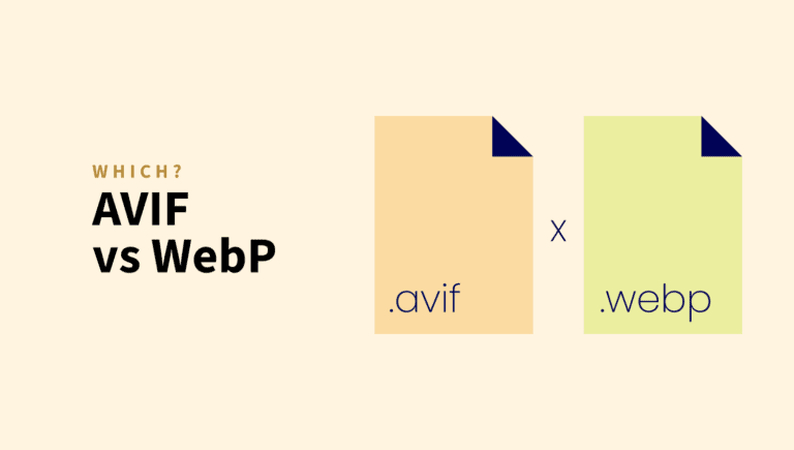
What is AVIF Image Format?
The AV1 image format is a royalty-free optimized image format that supports almost all the image codecs. This format offers images smaller in size as compared to JPEG, PNG, and WEBP and is currently supported by some of the popular platforms, such as Google Chrome, Firefox, and Android. Developed by the Alliance for Open Media, AVIF is gaining a lot of praise from major industry players, including Netflix. Known for its exceptional compression efficiency and high-quality output, AVIF is designed to deliver smaller file sizes without compromising image quality.
Key Features
- AVIF Image format offers advanced compression with exceptional quality at smaller sizes.
- Support for advanced features like HDR, transparency, and better color depth.
- Ideal for web developers and content creators looking to optimize website performance.
What is WEBP Image Format?
WEBP is a famous format created by Google to reduce image sizes without compromising the image quality. The best thing about this format is that developers can easily use it for their websites, apps, gaming, and other purposes. Compared to traditional formats like JPEG and PNG, WEBP can reduce file sizes by 30-50% while maintaining comparable visual quality. This format is compatible with all major web browsers, including Chrome, Firefox, Safari, Opera, and many others.
Key Features
- Supports both lossy and lossless compression.
- Transparency and animation capabilities.
- Widely supported by modern browsers such as Chrome, Firefox, Safari, and more.
Above, we have provided a brief introduction to both image formats. If you're still unsure which one to choose, keep reading this guide. We will dive deeper into the WEBP vs AVIF comparison to help you make an informed decision.
Part 2: AVIF vs. WEBP - Feature Comparison
AVIF vs. WEBP: Which image format is better? To help you better understand, we've provided a comparison table highlighting the features of both image formats.
Feature
AVIF
WEBP
Compression Efficiency
Superior (50% smaller then WEBP in tests)
Excellent but slightly larger files
Image Quality
High quality, even at low bitrates
Maintains quality but less efficient
HDR Support
Yes
No
Transparency
Yes
Yes
Animation Support
No
Yes
Ideal Use Case
Websites prioritizing ultra-fast load
Balanced quality and compatibility
Browser Compatibility
Limited (modern browsers only)
Widely supported
Part 3: When to Choose AVIF or WEBP
Choosing between WEBP vs AVIF depends on your specific use case, priorities, and the platform you are targeting. Below, we have discussed when someone should choose AVIF or WEBP formats.
When to Use AVIF
- Users can choose AVIF when they need ultra-efficient compression for high-resolution images.
- Supports HDR, making it suitable for images with a wide range of brightness and color.
- Best for modern websites that prioritize speed and quality.
When to Use WEBP
- When compatibility across all devices and browsers is critical. Supports more platforms, browsers, and tools compared to AVIF.
- Perfect for sites with animation or interactive graphics.
- Encoding/decoding of this image format is faster than AVIF, making it a better choice for scenarios where processing speed is critical.
Part 4: Tools to Convert Between AVIF and WEBP
If you have decided on a preferred image format and need to convert between AVIF and WEBP, you'll require reliable tools to handle the conversion. Here are the top tools to help you easily convert between these formats.
1. Squoosh

If you are looking for a tool to convert between AVIF and WEBP, then Squoosh is the best option. It is a web-based image converter that supports hundreds of image formats, including AVIF and WEBP. Squoosh offers an intuitive dashboard, allowing users to convert images without professional help. The standout feature of this program is its compatibility with any device that supports a web browser.
Pros
- Supports different image formats, including AVIF, WEBP, JPEG, and PNG.
- Offers an intuitive interface, best for non-tech users.
- Web-based program, no software downloading or installation required.
Cons
- Depends on an internet connection for conversions.
2. XnConvert
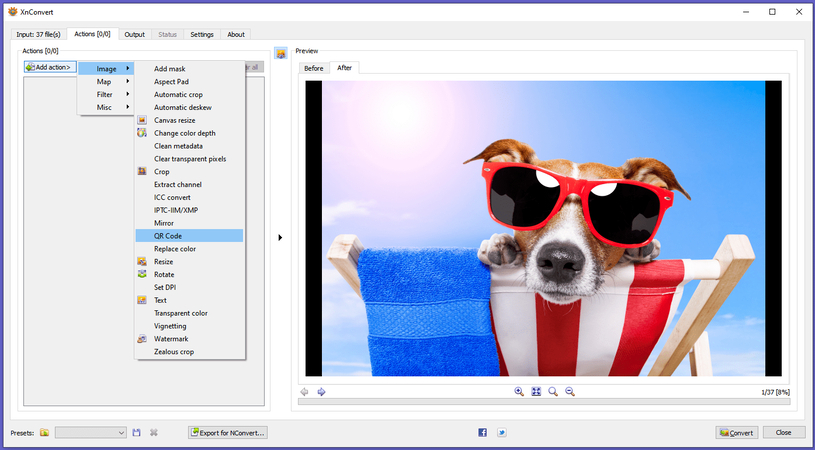
If you need to convert a unique picture file format, this tool will come to your rescue. With its help, users can convert images from over 80 formats into more than 500 picture formats. This tool supports batch processing, making it easy for users to convert multiple photos simultaneously.
Pros
- Allows users to convert images without compromising original quality.
- Batch processing allows users to convert multiple images at once.
- Compatible with Windows, macOS, and Linux.
Cons
- Free version of this program offers limited features
3. CloudConvert

CloudConvert is an online file converter that supports nearly all audio, video, image, document, and presentation formats. The program supports over 200 different formats, including AVIF and WEBP. The best part of this tool is that it integrates with popular cloud storage services like Google Drive, Dropbox, and OneDrive.
Pros
- Cloud-based, meaning you can convert files without installing.
- Offers good quality in conversions.
- Easy to use interface with drag-and-drop functionality.
Cons
- Free version has limits on the number of conversions and file size.
Comparison Table
Tool
Supported Formats
Key Features
Squoosh
AVIF, WEBP, JPEG, PNG
Browser-based, easy to use
XnConvert
AVIF, WEBP, TIFF, BMP
Batch Processing, High-Quality
CloudConvert
AVIF, WEBP, GIF, HEIC
Cloud-based, no installation
Part 5: [Bonus Tips] How to Convert AVIF to WEBP with HitPaw Univd (HitPaw Video Converter)
It is essential to select a tool that effortlessly converts AVIF images to WEBP. The best tool for this task is the HitPaw Univd. This all-in-one image converter supports various formats, including JPEG, PNG, WebP and more. HitPaw offers an intuitive dashboard, allowing non-tech users to perform conversions easily. Further, this tool is compatible with all devices, including Windows and macOS.
Why Choose HitPaw Univd?
HitPaw Univd offers amazing features, making it one of the best tools for image format conversion. Here are its top features:
HitPaw Univd - All-in-one Video Solutions for Win & Mac
Secure Verified. 254,145 people have downloaded it.
- Supports Different Image Formats: HitPaw Univd supports multiple image formats, including WEBP, JPG, PNG, TIFF and many more.
- High-Speed Conversion: The program allows you to convert images within sections without losing original quality.
- Batch Conversion: With the help of this tool users can convert multiple images at once, saving time and effort.
- Ease-of-Use: This tool offers an intuitive interface, allowing users to convert images within a few clicks.
- Other Features: Offers a lossless video and image editor to cut, crop, merge and trim videos and images.
Secure Verified. 254,145 people have downloaded it.
Steps to Convert AVIF to WEBP
With the help of this tool, users can easily convert AVIF to WEBP format. Follow the instructions below to do so:
- Open the HitPaw Univd on your computer. Click on “Toolbox” and select the “Image Converter” option.

- Upload AVIF images you want to convert. Users can upload multiple images for batch conversion at once.

- Choose the output format for all the imported images. HitPaw supports various image formats, including WEBP, PNG, TIFF, and JPEG.

- Click on the "Convert All" button, and all your images will be converted and saved to the desired location.

Conclusion
This guide compares AVIF vs WEBP, highlighting the strengths and weaknesses of both image formats. As mentioned AVIF offers smaller file sizes compared to WEBP but is supported by fewer browsers. On the other hand, WEBP retains excellent image quality and is compatible with all major web browsers. Ultimately, the choice depends on which format suits your needs best. Regardless of your decision, always choose HitPaw Univd for a hassle-free conversion.

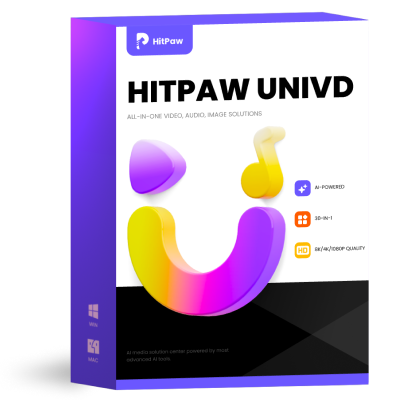
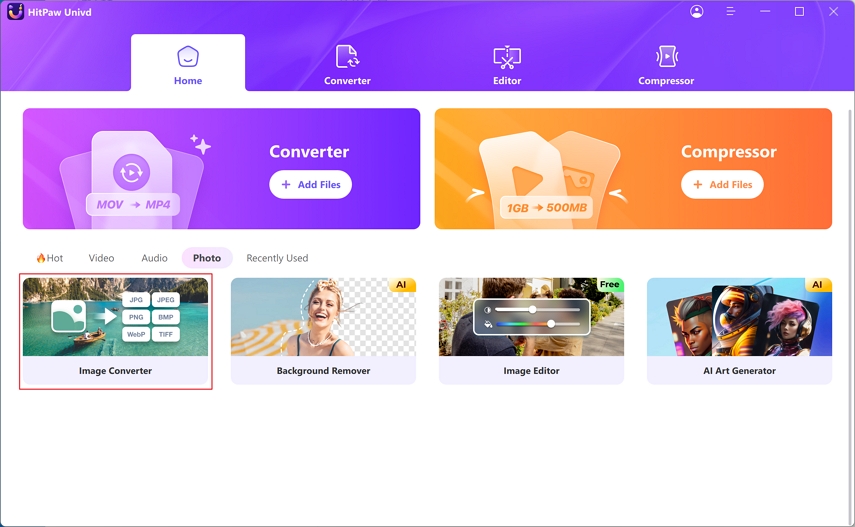
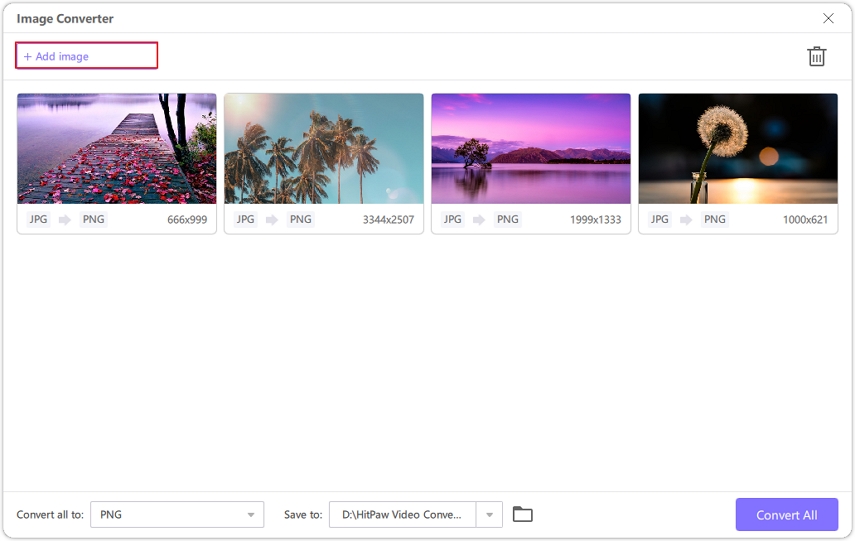
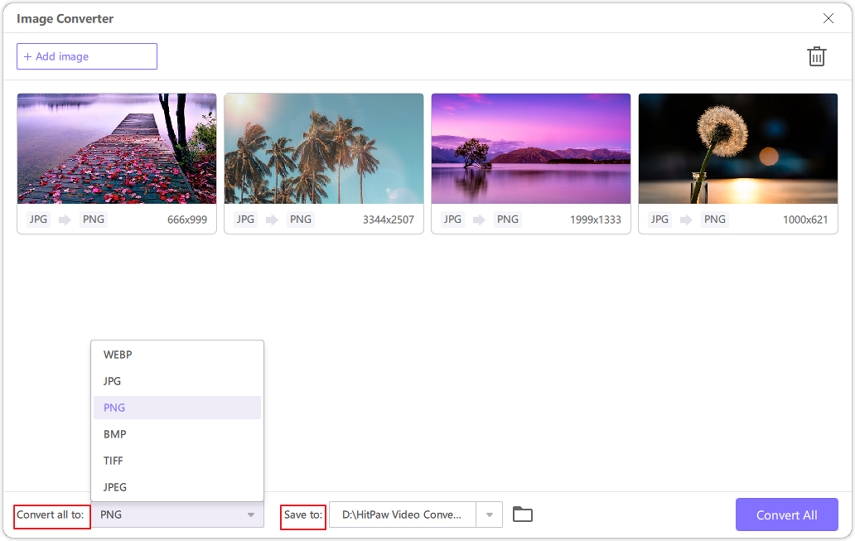
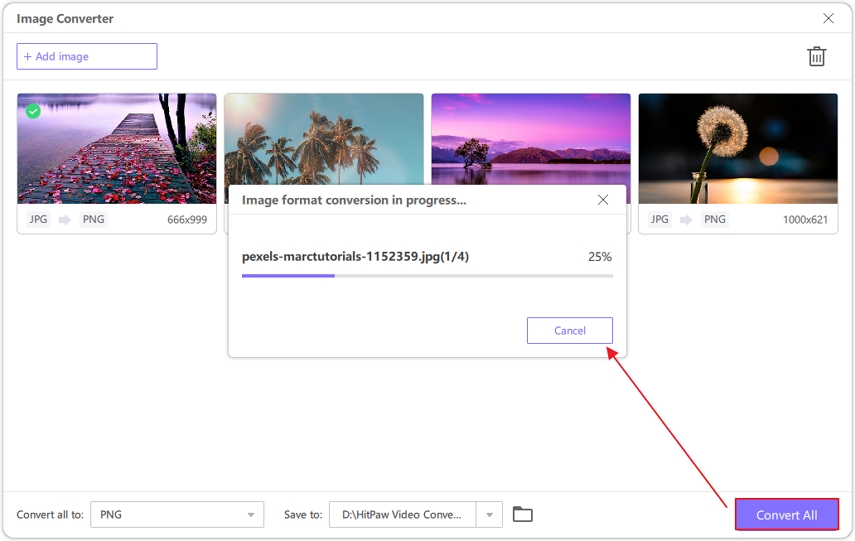





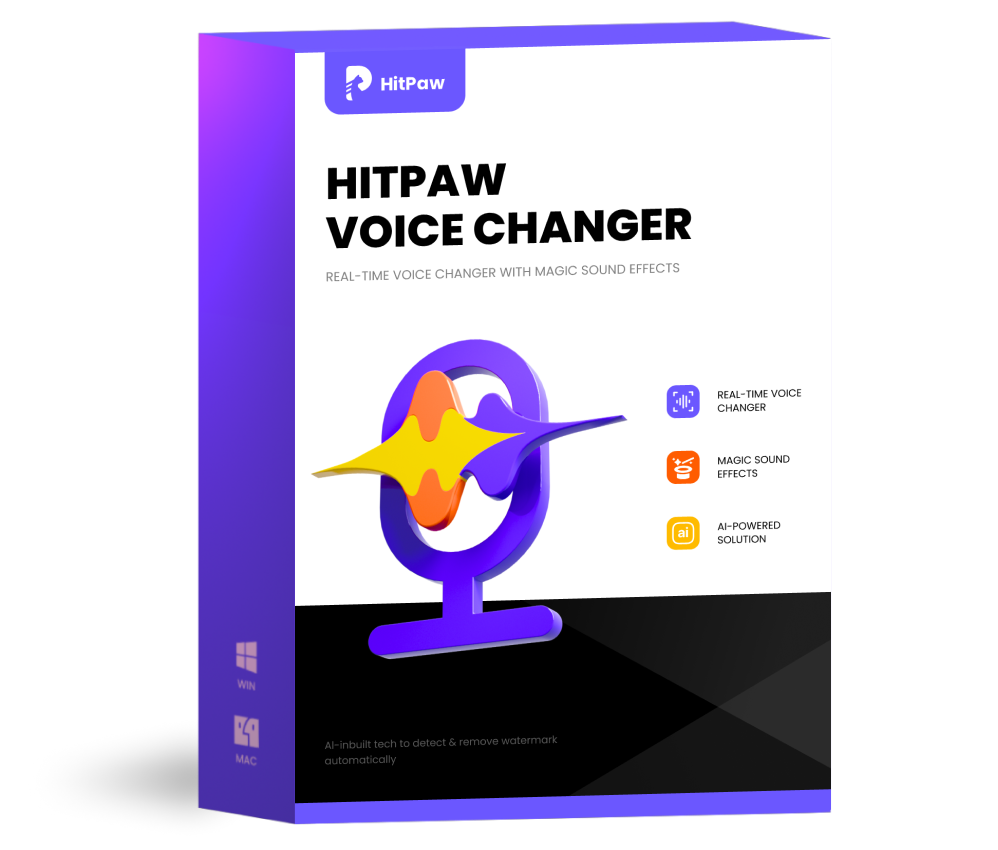 HitPaw VoicePea
HitPaw VoicePea  HitPaw VikPea (Video Enhancer)
HitPaw VikPea (Video Enhancer)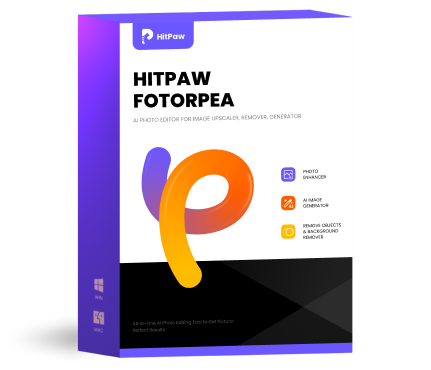 HitPaw FotorPea
HitPaw FotorPea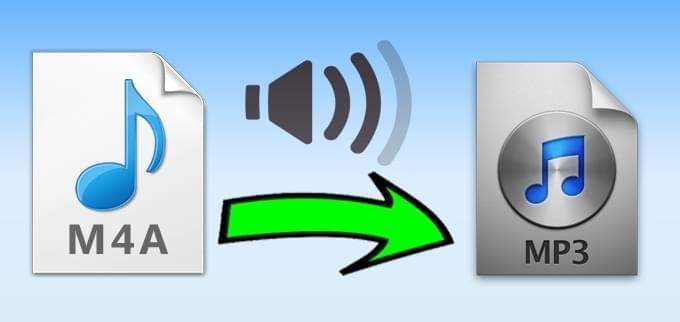


Share this article:
Select the product rating:
Daniel Walker
Editor-in-Chief
My passion lies in bridging the gap between cutting-edge technology and everyday creativity. With years of hands-on experience, I create content that not only informs but inspires our audience to embrace digital tools confidently.
View all ArticlesLeave a Comment
Create your review for HitPaw articles